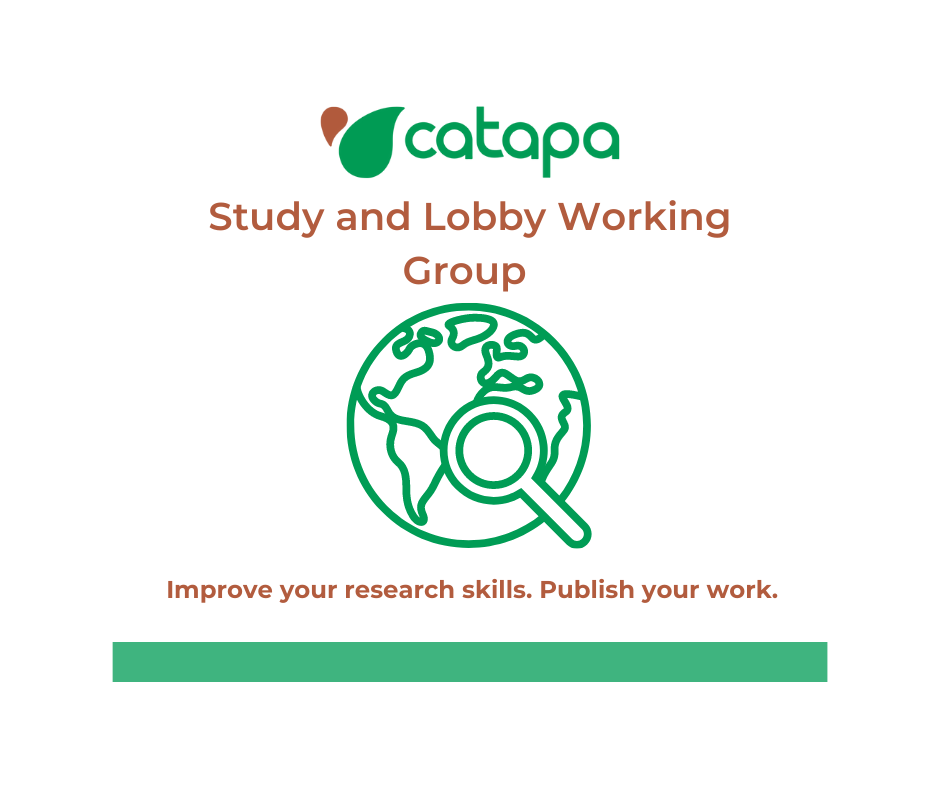Study and Lobby Working Group Launch
We are pleased to announce the launch of CATAPA’s new Study and Lobby Working Group. The Working Group will produce cutting edge research and lobby on the following themes;
Research Theme 1: Planned Obsolescence: Ctrl Alt Del Campaign
Our current linear model of consumption and production is a driving cause of the climate crisis. In this “throwaway” model, the drive for limitless production and consumption of electronics places quantity above product quality.
Products are made with a limited life span (planned obsolescence) or the design makes repair difficult or unfeasible. Some products are designed to fail, with system faults purposefully incorporated to reduce their lifespan. This is a deliberate strategy on behalf of the electronics industry to encourage users to purchase ‘new and improved’ products. This is planned obsolescence.
Ending planned obsolescence requires policy change on the Flemish and EU level. The planet urgently requires strong politicians willing to take a stand against the electronics industry and implement strict regulation obliging multinational companies to produce eco-designed products. Electronic products must be repairable and made to last, instead of disposable products made to break down quickly and be replaced.
Research Theme 2: EU Critical Raw Materials
CATAPA strives towards a world in which the extraction of non-renewable resources is no longer necessary. Achieving this requires a fundamental transformation of our society and relationship to nature.
Under the guise of ‘green mining’, the EU’s Critical Raw Materials list outlines a strategy for the resourcing of over thirty mined resources, such as lithium, deemed ‘necessary’ for the green transition.
Securing such an increased demand for raw materials requires an expansion of mining operations within the EU. More mining will lead to severe negative socio-environmental impacts, such as human rights abuses, pollution and loss of land. The transition to renewable energy must be just.
Research Theme 3: Right to Say No
A just transition includes local communities having the Right to Say No to mining projects. Under the ‘social licence to operate’ (SLO), a non-binding voluntary commitment to ‘good practice’, corporations are able to greenwash their operations. Local communities have no legal instrument to oppose unwanted mining projects.
Where local communities resort to direct action to resist mining operations, they are dismissed, labeled as terrorists and face severe repression and human rights violations. 227 environmental defenders were killed in 2020.
Additionally, the Investor-State Dispute Settlement system (ISDS), embedded in international trade agreements, enables corporations to sue states, predominantly in the Global South, over opposition to proposed mining projects.
The ISDS system must be dismantled. Fairer, democratic consultation mechanisms must be adopted. Local communities must have the decisive, legally binding say over the fate of mining projects.
Research Theme 4: Alternatives to extractivism
We’re living in an age of crises. The current mantra and false solutions of endless growth, consumption and subjugation of nature is pushing the planet towards socio-ecological collapse.
So, what is the solution?
To meet this moment, we must dare to imagine and embody bold alternatives such as Degrowth. Our economy must be based on social and environmental justice. We must repair our relationship with nature and recognise our co-existence within the web of life.
Get involved!
Joining the Study and Lobby Working Group provides you with a means to improve your research and lobbying skills. Your work will support CATAPA’s vision and mission, and will be published on the website and social media platforms.
There will also be an opportunity within the Working Group to develop other projects, such as an Open Journal, Book Club, Symposiums and more!
Sign up: https://forms.gle/sw7i6tm2ZmNojxzm7
Want more information? Contact connor.cashell[at]catapa.be




